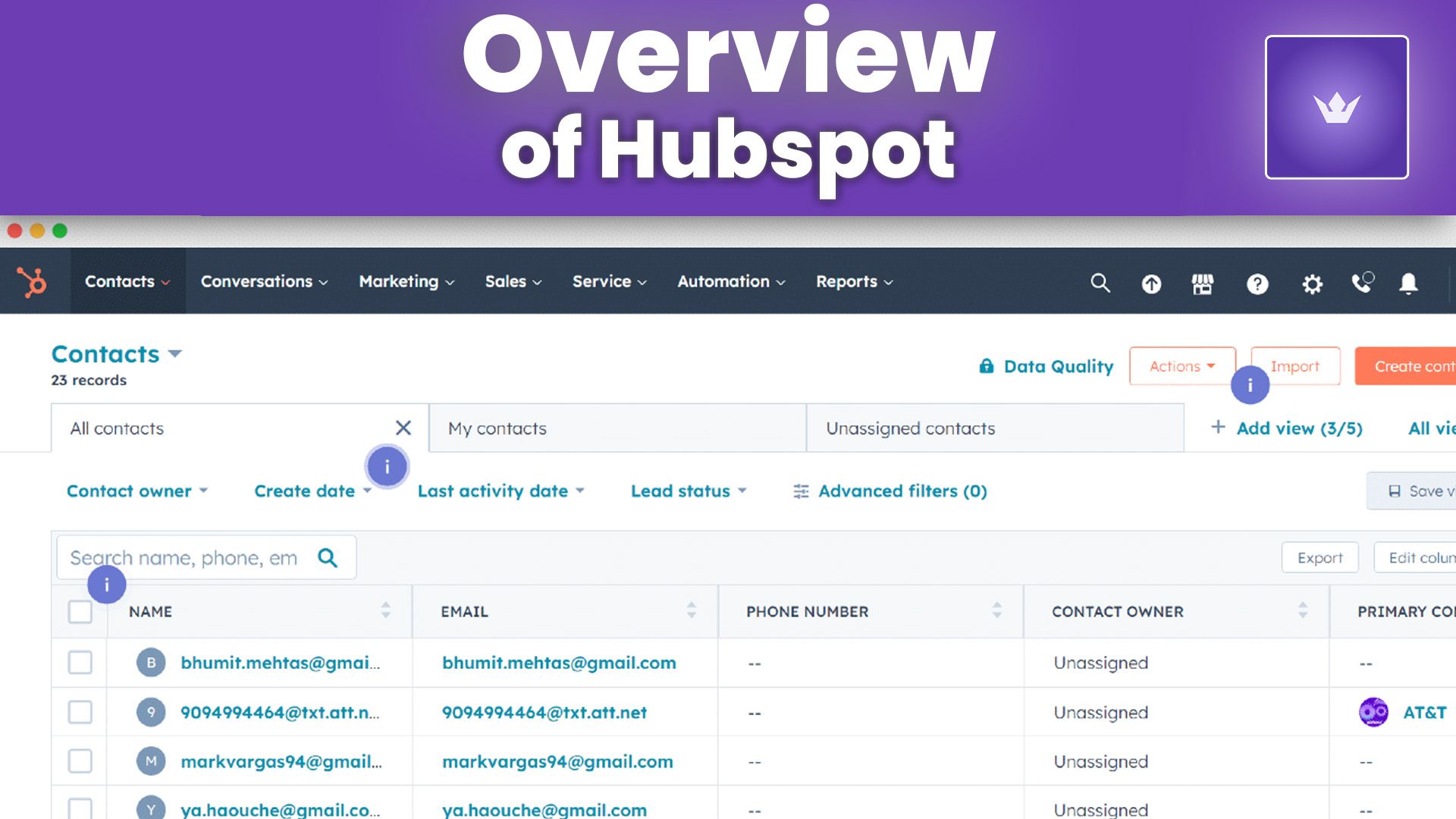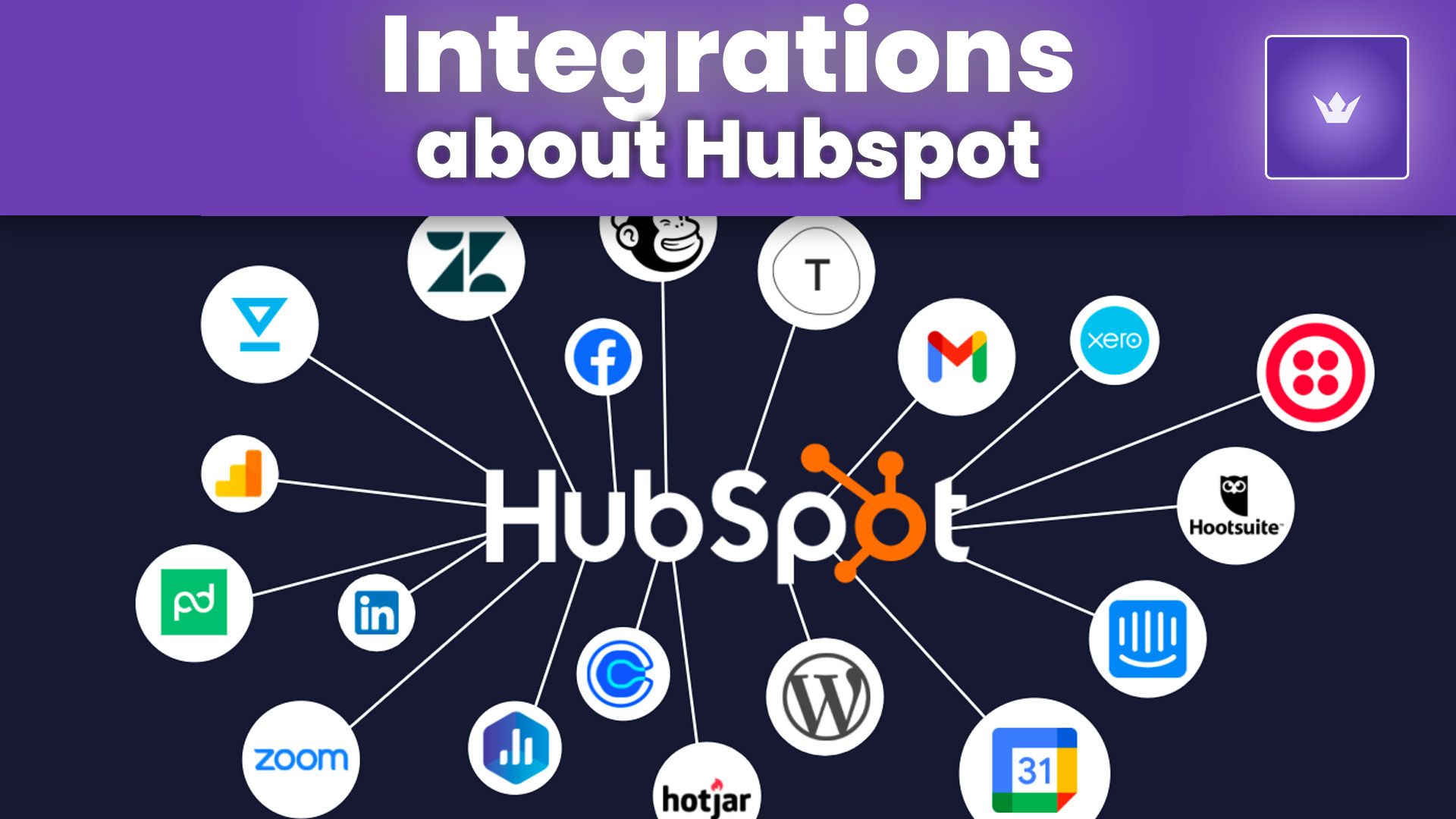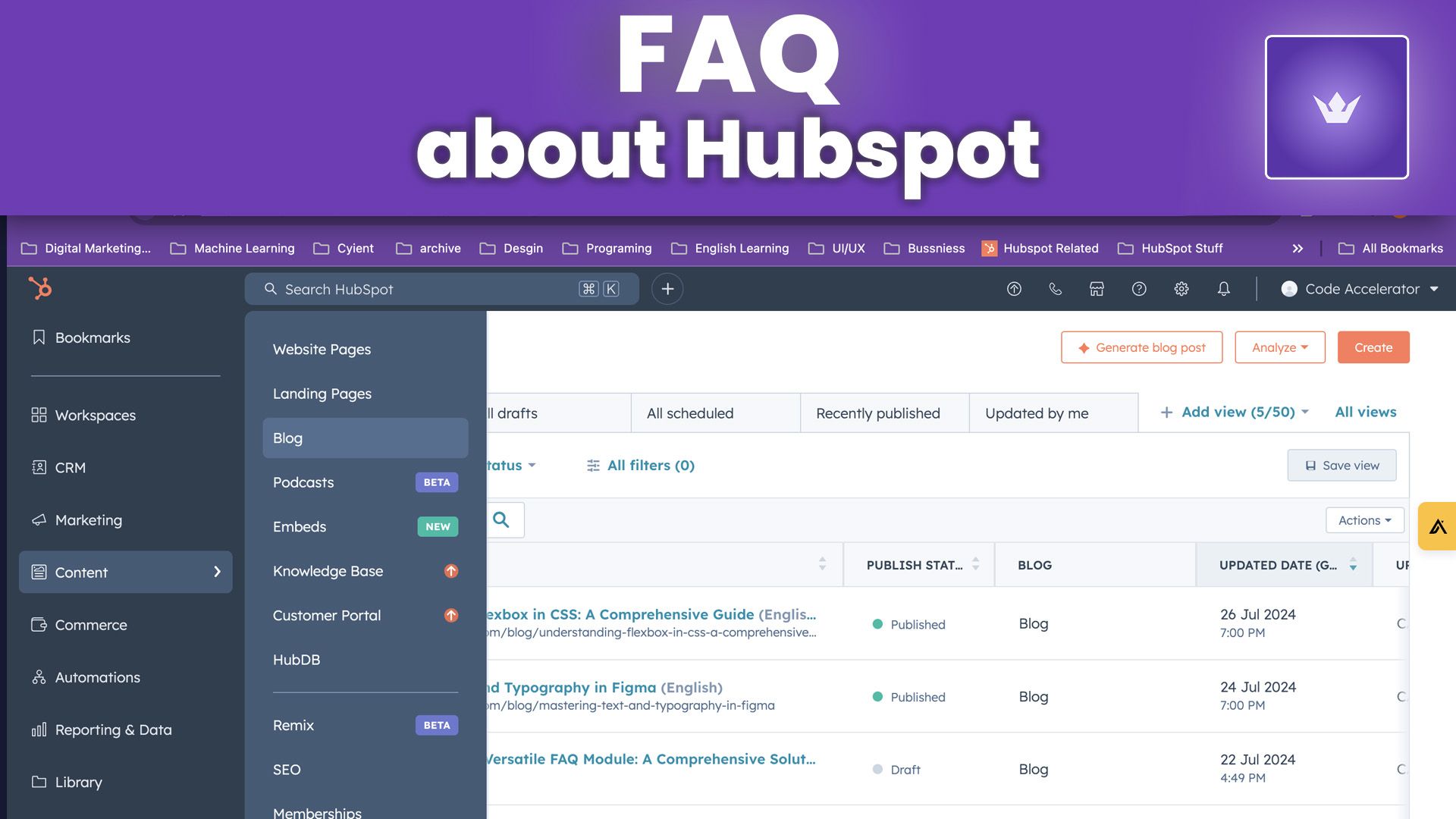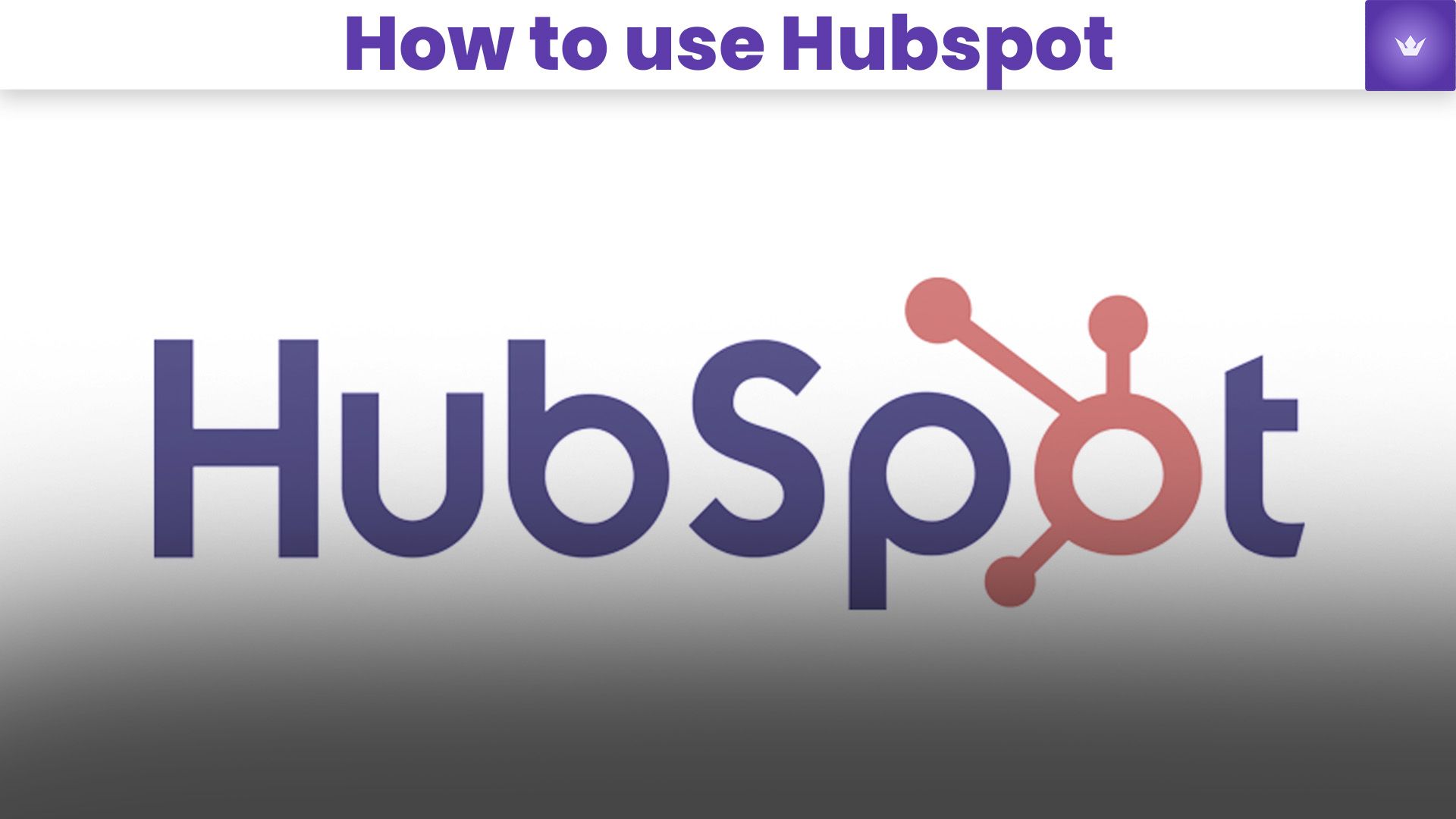Table of Contents
- Introduction to HubSpot in 2025
- Getting Started with HubSpot
- Mastering HubSpot's Key Features
- Advanced HubSpot Strategies
- Integrating HubSpot with Other Tools
- Measuring Success with HubSpot Analytics
- Conclusion
- FAQ
Introduction to HubSpot in 2025
As we navigate the ever-evolving landscape of digital marketing and sales in 2025, HubSpot stands out as a powerhouse platform for businesses of all sizes. This comprehensive customer relationship management (CRM) tool has continually adapted to meet the changing needs of companies in the digital age. Whether you're new to HubSpot or looking to enhance your existing knowledge, this guide will walk you through how to use HubSpot effectively in 2025.
HubSpot has become more than just a CRM; it's now an all-in-one solution for marketing, sales, customer service, and content management. With its user-friendly interface and robust features, HubSpot empowers businesses to attract, engage, and delight customers throughout their journey. Key Info: In 2025, HubSpot reports that companies using their platform see an average increase of 72% in lead generation and a 38% boost in customer retention rates within the first year of implementation. Before we dive into the specifics of how to use HubSpot, let's take a quick look at what makes this platform so essential for businesses in 2025:
- Unified customer data across all departments
- AI-powered insights and recommendations
- Advanced automation capabilities
- Customizable reporting and analytics
- Seamless integration with hundreds of third-party tools
Now, let's explore how you can harness the power of HubSpot to drive your business forward.

Getting Started with HubSpot
Setting Up Your HubSpot Account
The first step in learning how to use HubSpot is setting up your account. Visit the official HubSpot website (https://www.hubspot.com/) and sign up for a free account or choose a paid plan that suits your business needs. Once you've created your account, you'll be guided through a setup wizard that helps you customize your HubSpot experience.
Navigating the HubSpot Interface
HubSpot's interface is designed to be intuitive and user-friendly. The main navigation menu is located on the left side of the screen, giving you quick access to different hubs:
- Marketing Hub
- Sales Hub
- Service Hub
- CMS Hub
- Operations Hub
Each hub contains specific tools and features related to its function. Take some time to explore each section and familiarize yourself with the layout.
Importing Your Data
To make the most of HubSpot, you'll want to import your existing customer data. HubSpot offers various import options, including:
- CSV file upload
- Integration with other CRM systems
- API connections
Follow the step-by-step instructions provided by HubSpot to ensure a smooth data import process.
Mastering HubSpot's Key Features
Contact Management
At the core of HubSpot is its powerful contact management system. Here's how to use HubSpot to organize and manage your contacts effectively:
- Create detailed contact records
- Segment contacts using properties and lists
- Set up automated contact enrichment
- Use the activity timeline to track interactions
Email Marketing
HubSpot's email marketing tools allow you to create, send, and analyze email campaigns with ease. Key features include:
- Drag-and-drop email builder
- Personalization tokens
- A/B testing
- Performance analytics
Lead Capture and Forms
Capturing leads is crucial for growing your business. HubSpot provides robust form-building tools that integrate seamlessly with your website. Learn how to:
- Create custom forms
- Set up pop-ups and live chat
- Use progressive profiling to gather more information over time
Content Management
With HubSpot's CMS Hub, you can manage your website and blog directly within the platform. This integration allows for:
- Easy content creation and optimization
- Smart content personalization
- Built-in SEO tools
- Content performance tracking
Advanced HubSpot Strategies
Marketing Automation
One of HubSpot's most powerful features is its marketing automation capabilities. Here's how to use HubSpot to create sophisticated automation workflows:
- Set up trigger events
- Design multi-step nurture campaigns
- Create personalized content journeys
- Implement lead scoring
Sales Pipeline Management
For sales teams, HubSpot offers a visual pipeline that helps track deals from start to close. Learn to:
- Customize deal stages
- Set up automated tasks and reminders
- Use the sales forecasting tool
- Leverage AI-powered deal insights
Customer Service Automation
The Service Hub in HubSpot allows you to streamline customer support processes. Key features include:
- Ticketing system
- Knowledge base creation
- Customer feedback surveys
- Service level agreement (SLA) tracking

Integrating HubSpot with Other Tools
HubSpot's power is amplified when integrated with other tools in your tech stack. Here are some popular integrations:
- Salesforce: Sync data between HubSpot and Salesforce for a unified view of your customers.
- Slack: Get real-time notifications and collaborate with your team directly from HubSpot.
- Zoom: Schedule and manage video meetings within the HubSpot interface.
- Google Workspace: Connect your Gmail, Calendar, and other Google tools for seamless workflow.
- Shopify: Integrate your e-commerce data for better customer insights and marketing opportunities.
To set up these integrations, visit the HubSpot App Marketplace (https://ecosystem.hubspot.com/marketplace/apps) and follow the installation instructions for each tool.
Measuring Success with HubSpot Analytics
HubSpot provides comprehensive analytics to help you measure the success of your marketing, sales, and service efforts. Here's how to use HubSpot's analytics tools effectively:
Setting Up Custom Dashboards
Create personalized dashboards that display the metrics most important to your business. You can include:
- Website traffic and engagement stats
- Email campaign performance
- Sales pipeline velocity
- Customer satisfaction scores
Using Attribution Reporting
Understand which marketing efforts are driving results with HubSpot's attribution reporting. Learn to:
- Set up multi-touch attribution models
- Track the customer journey across channels
- Identify top-performing content and campaigns
Leveraging AI-Powered Insights
In 2025, HubSpot's AI capabilities have advanced significantly. Take advantage of:
- Predictive lead scoring
- Content topic suggestions
- Automated performance insights
- Personalization recommendations
Here's a look at how HubSpot's AI-powered insights have improved marketing performance in 2025:
| Metric | Average Improvement |
|---|---|
| Lead Quality | +45% |
| Conversion Rate | +32% |
| Customer Lifetime Value | +28% |
| Marketing ROI | +53% |
Conclusion
Learning how to use HubSpot effectively can transform your business operations and drive growth. By mastering the platform's key features, implementing advanced strategies, and leveraging its powerful analytics, you'll be well-equipped to succeed in the competitive landscape of 2025.
Remember, HubSpot is continuously evolving, so stay updated with the latest features and best practices. Engage with the HubSpot community, participate in training sessions, and don't hesitate to experiment with new tools and approaches.
Now that you have a comprehensive understanding of how to use HubSpot, it's time to put this knowledge into action. Start by identifying your primary business goals and aligning them with HubSpot's capabilities. Whether you're focusing on lead generation, customer retention, or streamlining operations, HubSpot has the tools to support your success.
Take the first step today: log into your HubSpot account and start exploring the features we've discussed. Your journey to mastering HubSpot in 2025 begins now!

FAQ
How long does it take to fully implement HubSpot?
The time to fully implement HubSpot varies depending on your business size and complexity. On average, small to medium-sized businesses can expect to have basic functionality up and running within 2-4 weeks. However, for larger enterprises or those requiring extensive customization, the process may take 2-3 months. It's important to note that mastering all of HubSpot's features and optimizing your use of the platform is an ongoing process.
Can HubSpot replace my existing CRM system?
Yes, HubSpot can replace most existing CRM systems. It offers a comprehensive suite of tools that cover marketing, sales, and customer service functions. However, the decision to switch should be based on your specific business needs. HubSpot provides migration tools and services to help transfer your data from other CRM systems. It's recommended to evaluate HubSpot's features against your current CRM and consult with a HubSpot specialist to ensure a smooth transition.
Is HubSpot suitable for small businesses?
Absolutely! HubSpot offers plans tailored to businesses of all sizes, including a free CRM that's perfect for small businesses just getting started. As your business grows, you can easily upgrade to more advanced features. The platform's scalability makes it an excellent choice for small businesses looking for a solution that can grow with them.
How does HubSpot's pricing work?
HubSpot uses a tiered pricing model based on the features and contact volume you need. There are separate hubs for Marketing, Sales, Service, CMS, and Operations, each with its own pricing tiers. You can choose to use one hub or bundle multiple hubs for a more comprehensive solution. HubSpot offers both monthly and annual billing options, with discounts available for annual commitments. For the most up-to-date pricing information, visit HubSpot's official pricing page.
Can I integrate HubSpot with my existing website?
Yes, you can integrate HubSpot with your existing website regardless of the platform it's built on. HubSpot provides various integration options:
- HubSpot tracking code for basic analytics and lead capture
- Forms and pop-ups that can be embedded on your site
- HubSpot CMS Hub for full website hosting and management
- API integrations for custom solutions
The level of integration you choose depends on your technical requirements and how deeply you want to connect HubSpot with your website.
What kind of support does HubSpot offer?
HubSpot offers multiple levels of support:
- 24/7 email and chat support for all paid customers
- Phone support for Professional and Enterprise tier customers
- Extensive knowledge base and community forums
- HubSpot Academy for free online training and certifications
- Dedicated account managers for Enterprise customers
- Partner network of certified agencies for additional support and services


